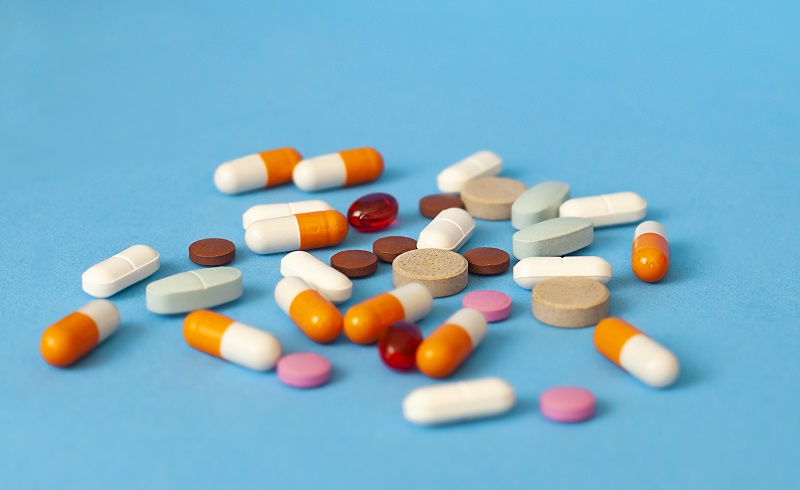Traveling Abroad with Medicine

Many travelers must carry their medicines with them across international borders to treat chronic or serious health problems. However, each country has its own guidelines about which medicines are legal. Medicines that are commonly prescribed or available over the counter in the United States could be considered unlicensed or controlled substances in other countries. For example, in Japan, some inhalers and certain allergy and sinus medications are illegal. Also, the United Arab Emirates (UAE) has strict narcotics laws that have landed many travelers in prison.
While rules vary from country to country, there can be serious consequences if you violate the laws of the country you’re visiting. These consequences can range from confiscation (removal) of your medicine, which could harm your medical treatment, to stiff penalties, including imprisonment on charges for drug trafficking. To avoid medicine-related issues during your travel, follow these tips.
Before You Go
Buying Medicine at Your Destination
Don’t plan on being able to buy your medicines at your destination. They may not be available, and if they are, they may not meet US quality standards. In many developing countries, counterfeit drugs are a big problem.
If you must buy drugs during your trip in an emergency, there are ways to reduce your chances of buying counterfeit drugs:
- Contact the nearest US embassy or consulate. They should be able to connect you with doctors and pharmacies that can help you find reliable, quality medicines.
- Buy medicines only from licensed pharmacies and get a receipt. Do not buy medicines from open markets.
- Ask the pharmacist whether the drug has the same active ingredient as the one you were taking.
- Make sure the medicine is in its original packaging.
- Look closely at the packaging. Sometimes poor-quality printing or otherwise strange-looking packaging will indicate a counterfeit product.
- Check with the foreign embassy of the country you will be visiting or passing through to make sure your medicines are permitted in that country.
- Be aware that many countries only allow taking a 30-day supply of certain medicines and require the traveler to carry a prescription or a medical certificate.
- If your medicine is banned at your destination, talk with your health care provider about alternative medicine or destination options, and have your doctor write a letter describing your condition and the treatment plan.
- The International Narcotics Control Board (INCB) provides general information about country regulations for travelers carrying medicines that are made with controlled substances. It’s important to note that INCB may not have information from all countries or territories.
- Make an appointment with a travel medicine specialist or your health care provider to get needed vaccines and medicines at least 4 to 6 weeks before you leave.
- If you plan to be gone for more than 30 days, talk to your doctor about how you can get enough medicine for your trip. Sometimes insurance companies will pay for only a 30-day supply at a time.
- Ask your doctor about any changes to taking your medicine once you’re in a different time zone. Medicines should be taken according to the time since your last dose, not the local time of day.
- Ask how to safely store medicine and check whether it needs refrigeration. Keep in mind that extreme temperatures can reduce the effectiveness of many medicines.
- Pack smart and put your medicines in your carry-on luggage. You don’t want to be stuck without them if your suitcase gets lost!
- Bring enough medicine to last your whole trip, plus a little extra in case of delays.
- Keep medicines in their original, labeled containers. Ensure that they are clearly labeled with your full passport name, doctor’s name, generic and brand name, and exact dosage.
- Bring copies of all prescriptions, including the generic names for medicines.
- Leave a copy of your prescriptions at home with a friend or relative in case you lose your copy or need an emergency refill.
- Pack a note on letterhead stationery from the prescribing doctor (preferably translated into the language understood at your destination) for controlled substances, such as marijuana, and injectable medicines, such as EpiPens and insulin.
- Course creator: Lurdes Pastor
- Course creator: Eliana Sequeira
- Course creator: Molly WONG